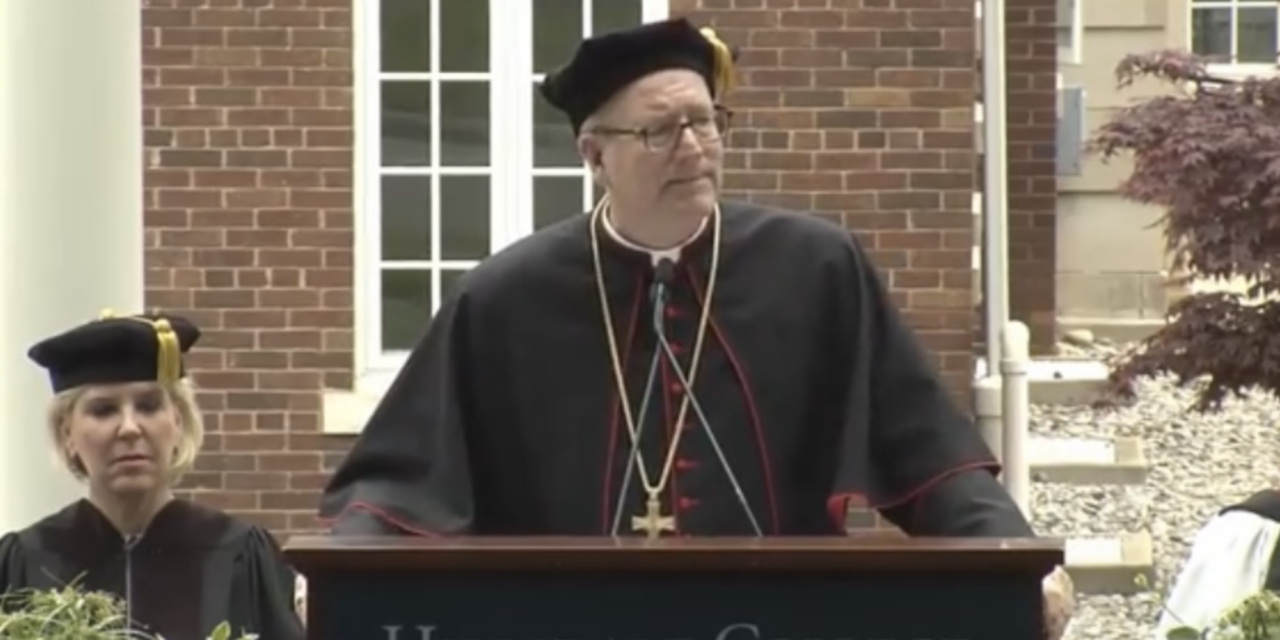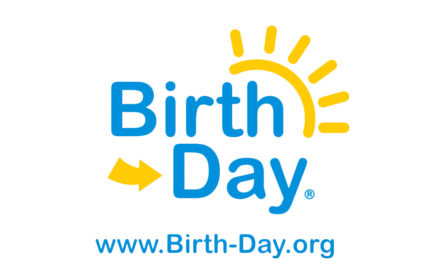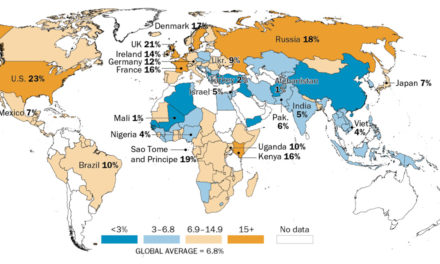Hillsdale College held its 171st commencement ceremony this past Friday on its leafy Michigan campus. Founded in 1844 by the Freewill Baptists, the college is one of America’s premier institutions. It receives no government funding and remains fiercely independent and lives up to its motto: “Virtus tentamine gaudet” – “strength rejoices in the challenge.”
Hillsdale’s challenge is the challenge of Christians everywhere – how to live a Christ-centered life in an increasingly secular and hostile world.
The commencement speaker on Friday was Bishop Robert Barron, a Catholic prelate who leads the Diocese of Winona-Rochester (Minnesota). He’s also the founder of “Word on Fire,” a website that sprung forth from his messages aired on Chicago’s WGN radio.
Bishop Barron has been called “one of the Church’s best messengers,” and after hearing him challenge Hillsdale’s graduates and guests, it’s easy to see why.
“The question is not what we are to do, as important as that is, but rather what kind of person we ought to be,” Bishop Barron began. “Do we hunger and thirst for righteousness, or do we seek our own advantage? In a way, and I’ll say it especially to the graduates, there is no question in the moral and spiritual order more fundamental than that,” said Barron.
Recognizing and acknowledging some theological differences between Catholics and Protestants, Barron shared that he appreciates the questions and issues posed amidst the Reformation. Yet, “Right now, the needful thing is not debating those questions so much.”
Instead, the bishop suggested we need to realize “We have a common enemy and we’ve got to make common cause.”
What is the enemy?
“Agnosticism, atheism, and their attendant nihilism, which are deeply effecting our culture and especially the minds of our younger people.”
He then added:
“I think it’s very important for us to join together in our common cause against that common enemy. There is no such thing as new truth.”
Bishop Barron then proceeded to challenge the Class of 2023 to ask themselves a series of probing questions. But these questions don’t just apply to newly minted graduates. Consider how you might answer them yourself.
Pivoting off the writings of Plato, he asked, “Is it better to suffer wrongdoing than to do wrong?” How one answers that question begs another: “What kind of soul will you have? What kind of person will you be?”
He continued:
“Will you do whatever it takes to get what you want? Or will you accept even great suffering in order to do what is right?”
Bishop Barron suggested “Everything else in your life will flow from how you answer that question.”
The Minnesota clergyman then raised the issue of the idols we may worship, whether beauty, money, or fame.
“Whom or what do you worship?” he asked. “What’s the highest value for you? At which altar will you worship?”
He added:
“Your whole life will unfold for weal or for woe from that decision.”
Bishop Barron is exactly right that how we answer these questions and make these critical decisions will make or break our lives and determine how happy or miserable we will ultimately be, and the impact we’ll have on those around us.
“I have the confident hope, graduates, that your years at Hillsdale College have prepared you above all to shape your characters to become the kind of persons who would endure justice rather than commit injustice, who would never dream of worshipping at the altar of an idol, and who wouldn’t surrender the integrity of your souls for the whole world.”
Amen, Bishop Barron.






